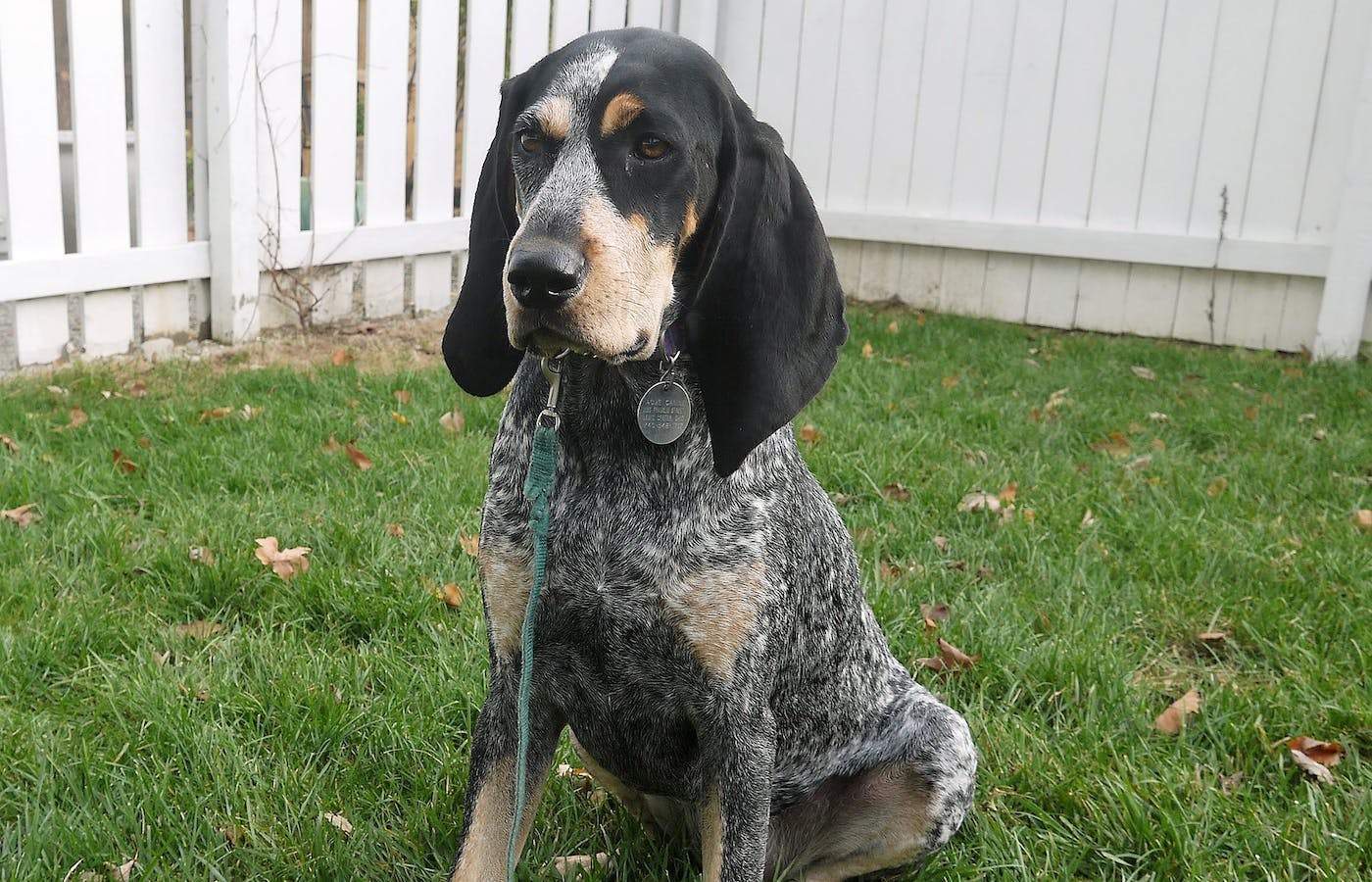Coonhounds: Temperament, Personality, And Characteristics
Bringing home a new dog? One of the most important things to know about your chosen breed is that their personality will suit yours. Dogs each have their own unique personality, but all breeds have their defining characteristics that most of its dogs will share.
So if you’ve settled on a coonhound – whether it's a Black And Tan, a Bluetick, or an American English you’ll need to know that their temperament is a good match for your family.
About Coonhounds
All breeds of Coonhound share a history as hunting dogs. As its name suggests, they were originally bred to hunt raccoons as well as deer, opossums, and even bears and mountain lions. As such they have a strong working instinct that makes them better suited to experienced owners who have already trained and lived with calmer and less active breeds.
It’s important for Coonhounds to be trained out of their hunting instincts, which can otherwise make them hard to control. They are single-minded and stubborn in their pursuit of prey, and need an owner that can act not just as a companion but as the leader of their pack, taking control when they begin their chase of smaller animals.
When not on the hunt, Coonhounds are affectionate, devoted, and charming. They love to relax in the house, but aren’t suited to small apartments as they need plenty of space and access to the outdoors. This breed also has a tendency to make a baying or bawling sounds which is especially disruptive in under-stimulated dogs. Owners of Coonhounds should be prepared to keep them highly active both mentally and physically.
What Is a Coonhound’s Temperament?
Coonhounds are loyal, intelligent, and strong-minded. But they are also loyal to their leader, responsive, and independent. Though their intelligence makes their training easier, their independence can have negative effects on their obedience. If they catch a scent, it can be hard to break their focus as they chase it.
When stimulated, the Coonhound is a happy dog and their howling is not always an indication of anxiety or unhappiness. They howl as they hunt as a way to mark their prey has gone up a tree or into a burrow, and they might make this same baying ‘music’ at home – which could annoy the neighbors if you live in close proximity to others.
Looking After A Coonhound
At home, your Coonhound will probably be happy to relax in the shade for hours on end. But access to an enclosed outdoor space that they can explore at their leisure is recommended to keep their craving for the hunt at bay.
It’s generally recommended that Coonhounds are always kept on-leash as once their nose detects a scent, it can be very difficult for owners to regain control of them as they dash. Even the best-trained and most obedient Coonhound may not be able to ignore their prey drive when a scent comes along.
In terms of grooming, they should only need to be brushed now and then to keep their coat in good condition. However, as with all floppy-eared breeds, regular checking and cleaning of the folds in their ears is recommended to prevent oil build up, infections, and foreign bodies getting trapped in the skin. They can develop a ‘doggy’ odor if not bathed frequently enough.
Is A Coonhound The Right Dog For Me?
If you’re a very active family that has the energy and time to keep up with one of the most active dog breeds around, you might be a good match for a Coonhound. The breed gets on well with other animals and people, is easy to groom and care for and is laid-back when at home.
But when you’re out of the house, the Coonhound becomes a trickier pet for those who can’t accommodate its high energy and exercise needs. Bored and under-stimulated they can become destructive, and when they’re out on the explore they can be prone to selective deafness and extreme stubbornness.
But for families that love to spend time outdoors and are always keeping active, a Coonhound should fit into their lifestyle with ease.
